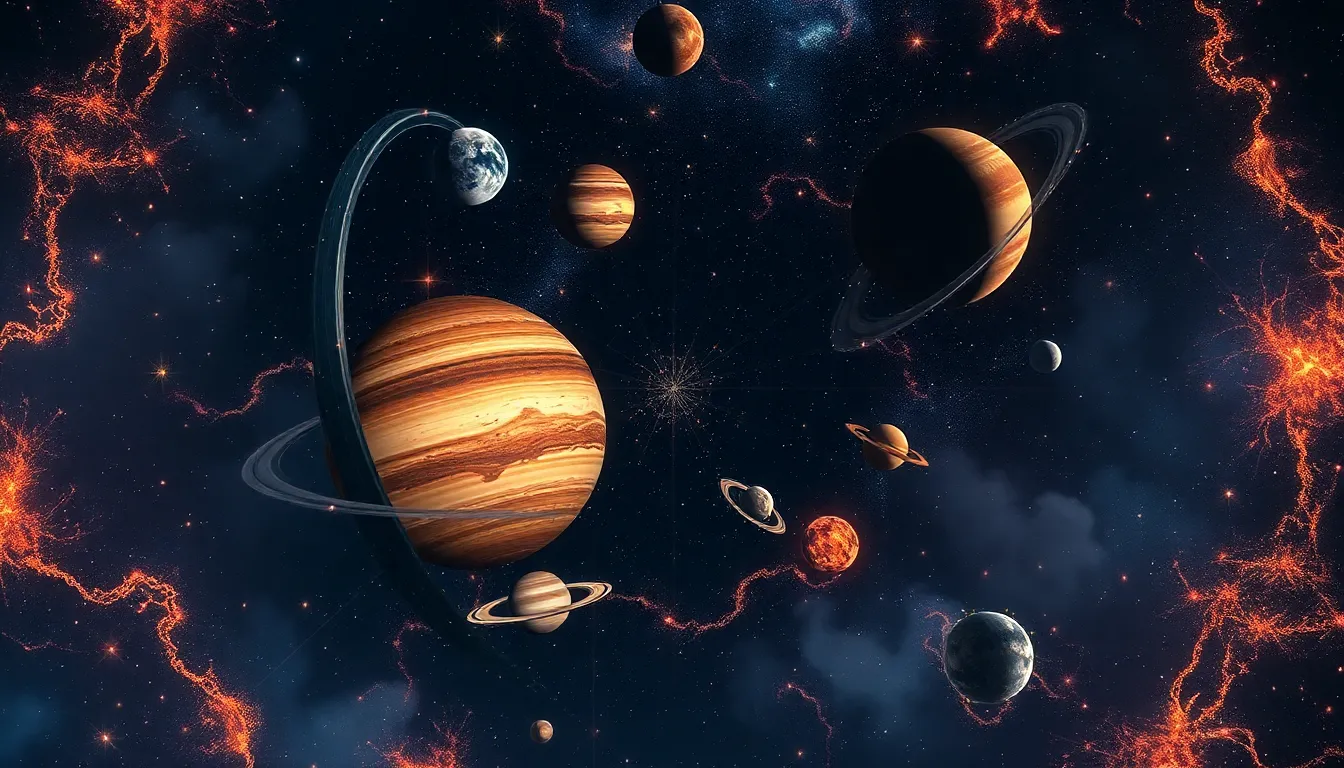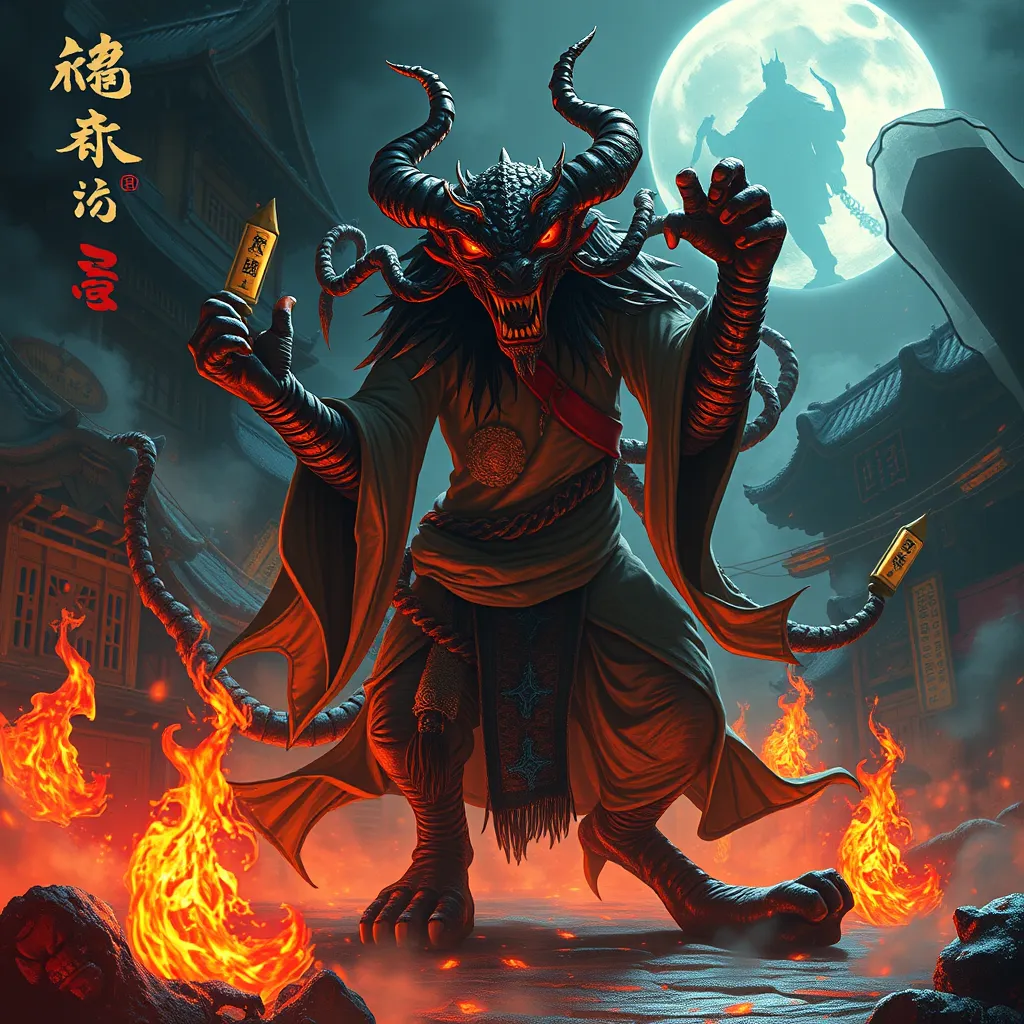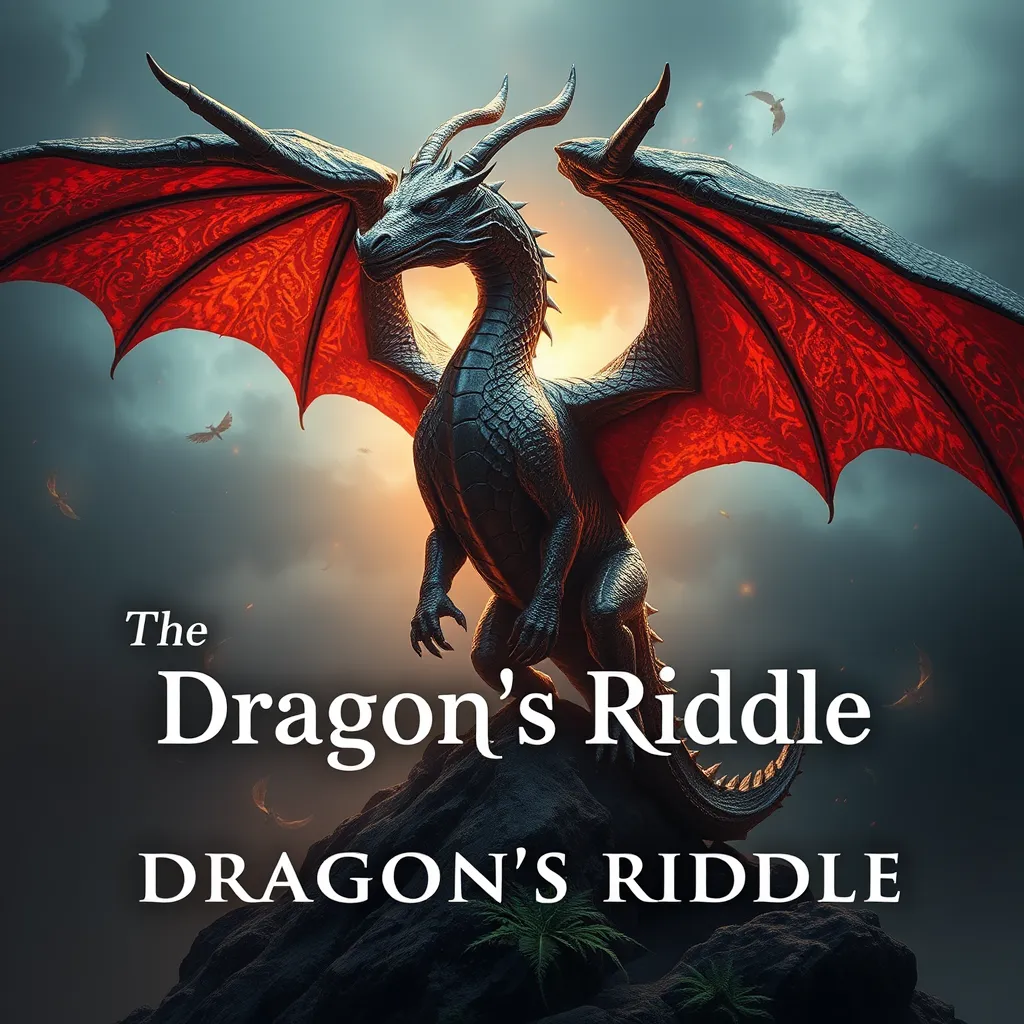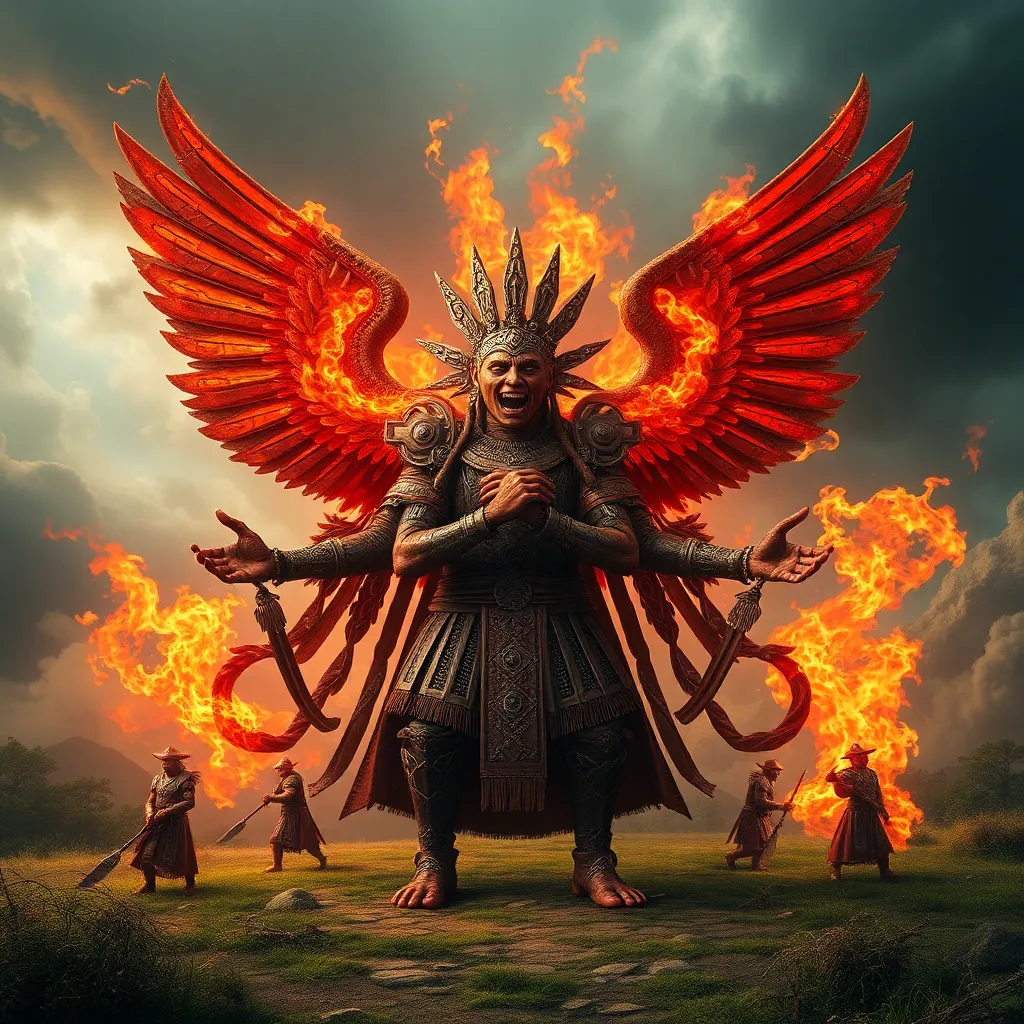The Cosmic Dance of the Planets: Exploring Planetary Influences in Myth
I. Introduction
The fascination with celestial bodies has transcended time and culture, weaving itself intricately into the fabric of human mythology. The planets, in particular, have inspired countless stories, beliefs, and interpretations throughout history. Their movements and alignments have been seen as more than mere astronomical events; they are often regarded as powerful influences on human affairs and destinies.
In ancient cultures, the planets were revered as deities, each embodying specific qualities and themes that resonated with the human experience. This article aims to explore the rich tapestry of planetary influences within mythology, examining how various cultures have interpreted these celestial bodies and their significance in shaping human existence.
II. Historical Context of Planetary Mythology
From the dawn of civilization, humanity has gazed up at the stars, seeking to understand their place in the universe. Early civilizations meticulously observed celestial patterns, leading to the development of complex astronomical systems.
- Early civilizations and their celestial observations: Cultures such as the Babylonians and Egyptians documented astronomical events, correlating them with agricultural cycles and religious ceremonies.
- The role of astrology in ancient societies: Astrology emerged as a means to interpret the will of the gods, guiding rulers and individuals in making decisions based on celestial movements.
- Key cultures: In Mesopotamia, Greeks, India, and China, planets were often linked to divine beings, each culture attributing different attributes and powers to these celestial entities.
III. The Planets and Their Mythological Representations
Each of the major planets in our solar system is associated with specific deities that embody their unique characteristics and influence. Below is an overview of these planets and their mythological counterparts:
- Mercury: In Greek mythology, Mercury is represented by Hermes, the swift messenger of the gods, symbolizing communication, intellect, and travel.
- Venus: Venus is embodied by Aphrodite, the goddess of love and beauty, representing not only romantic love but also creativity and harmony.
- Mars: Mars corresponds to Ares, the god of war, embodying the spirit of conflict, courage, and action.
- Jupiter: Jupiter is represented by Zeus, the king of the gods, symbolizing authority, power, and justice.
- Saturn: Saturn corresponds with Cronus, the god of time and harvest, representing the cyclical nature of life and the lessons of patience.
In addition to these major planets, lesser-known celestial bodies also hold mythological significance, with various cultures attributing unique stories and meanings to them.
IV. The Influence of Planetary Alignment on Human Affairs
The concept of cosmic influence suggests that the alignment of planets can have profound effects on personal and societal events. Many cultures have believed in the power of celestial alignments to affect human behavior, fortune, and destiny.
- Historical examples: Significant alignments, such as the conjunction of Jupiter and Saturn, have been linked to major historical events, including the rise and fall of empires.
- The role of astrology: Throughout history, astrology has played a crucial role in decision-making, with leaders consulting astrologers to determine the most auspicious times for battles, marriages, and other significant actions.
V. Comparative Analysis of Planetary Myths Across Cultures
When examining planetary deities across different cultures, one can observe both similarities and differences in their attributes and stories.
- Similarities and differences: Many cultures share similar attributes for planets; for instance, Venus is often associated with love and fertility. However, the stories surrounding these deities can differ vastly.
- Intercultural exchange: The spread of ideas along trade routes facilitated the exchange of mythological concepts, leading to blended interpretations of celestial influences.
- Case studies: The depiction of Venus in Roman mythology as a goddess of love closely parallels the Hindu goddess Lakshmi, who embodies beauty, prosperity, and auspiciousness.
VI. The Modern Interpretation of Planetary Influences
In contemporary society, there has been a resurgence of interest in astrology and planetary influences, with many seeking to understand their personal relationships with the cosmos.
- Astrology’s resurgence: The rise of social media has led to a renewed fascination with astrology, where individuals often share and discuss their astrological signs and horoscopes.
- Modern spirituality: Many people today find value in interpreting planetary effects through a spiritual or psychological lens, seeking guidance and introspection.
- Blending ancient wisdom: The integration of traditional astrological practices with contemporary beliefs reflects an ongoing dialogue between ancient knowledge and modern understanding.
VII. Critiques and Controversies Surrounding Planetary Influences
Despite the enduring popularity of astrology, there are critiques and debates surrounding its validity and impact.
- Scientific skepticism: Many scientists argue that astrology lacks empirical evidence, viewing planetary influence as a psychological phenomenon rather than a physical one.
- Determinism versus free will: The debate continues over whether celestial influences determine human behavior or if individuals possess the free will to shape their destinies.
- Cultural impact: The belief in planetary influences can significantly impact cultural practices and societal norms, raising questions about the role of belief in shaping reality.
VIII. Conclusion
The legacy of planetary mythology endures, inviting us to reflect on our connection to the cosmos. Understanding celestial influences in a modern context enhances our appreciation for the rich tapestry of human culture and history. As we explore these ancient stories, we are reminded of the universal themes that continue to resonate today.
As we delve deeper into the mysteries of the universe, let us remain open to personal interpretations of planetary myths, allowing these celestial narratives to enrich our lives and offer insights into our journeys.




